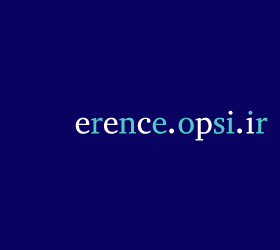Fateme Mehdipour, Reza Ebrahimnejad Darzi, Hamidreza Fallah, Mahdi Mousavi , Meysam Nobakht,
year 20, Issue 0 (1-2014)
Abstract
Optical tweezers can be used to measure forces in the order of picoNewtons. Much like a spring, the approximate force that the laser beam applies to an object is proportional to the object’s displacement from the center of the beam. A known trap stiffness is often required to make reliable force measurements. The trap stiffness can be calculated using several experimental methods such as escape force, drag force, equipartition, step response and power spectrum methods. In this paper, drag force method was used experimentally to measure trap stiffness for polystyrene particle in three environments with different refractive index and report refractive index’ effect in trap stiffness.
Samaneh Zahedi, Lale Rahimnejad, Aliasghar Asgary, Hosein Saghafifar,
year 22, Issue 0 (2-2016)
Abstract
In this paper, a stretcher system is designed based on refractive Martinez arrangement with a stretching coefficient of 3000 for a Gaussian 110 fs pulse laser at 810 nm. The spatial profile of the output pulse reveals low-quality output spot and high spatial chirping of the stretched pulse. Due to high spectral width of ultrashort femtosecond pulses, chromatic aberration of the lens becomes the most important factor in reducing the quality of output spot from stretching system. In this paper, the singlet-lens is therefore replaced by an appropriate achromatic doublet. The spatial profile of the output pulse represents a drastic reduction of spatial chirping for the stretched pulse in comparison with the singlet-lens system.






